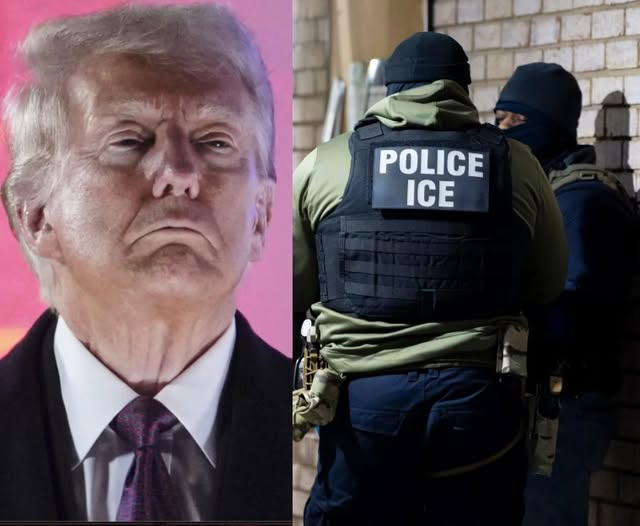
Legal Experts Alarmed by Potential Warrantless Home Searches Under Alien Enemies Act
Recent developments have raised significant concerns among legal scholars and civil rights advocates regarding the Trump administration’s interpretation of the Alien Enemies Act of 1798. This centuries-old statute is being cited to justify actions that could potentially infringe upon constitutional protections, particularly those enshrined in the Fourth Amendment.
Historical Context of the Alien Enemies Act
Enacted in 1798, the Alien Enemies Act grants the president authority to detain or deport nationals of enemy countries during times of war or invasion. Historically, its application has been limited, notably during World War II for the internment of Japanese Americans. The act allows the president to target these individuals without a hearing, based solely on their nationality.
Controversial Application in Recent Deportations
The administration recently invoked the Alien Enemies Act to expedite the deportation of alleged Venezuelan gang members, specifically targeting individuals associated with the Tren de Aragua, a Venezuelan prison gang designated as a terrorist organization by the U.S. State Department. This move has been met with legal challenges and judicial scrutiny.
U.S. District Judge James Boasberg expressed concern over the administration’s reliance on this archaic law, highlighting the unprecedented nature of its use in the current context. He criticized the lack of transparency and the rapid execution of deportations, suggesting that the administration might be attempting to circumvent judicial oversight.
Implications for Fourth Amendment Protections
More alarmingly, reports indicate that administration lawyers argue the Alien Enemies Act permits federal agents to conduct warrantless home searches. Such an interpretation challenges the Fourth Amendment, which protects against unreasonable searches and seizures and typically requires law enforcement to obtain a court-issued warrant before entering a private residence.
Legal experts argue that applying the Alien Enemies Act in this manner could set a dangerous precedent, allowing the executive branch to bypass established constitutional safeguards. Christopher A. Wellborn, president of the National Association of Criminal Defense Lawyers, emphasized that the Fourth Amendment’s protections extend to all individuals within the U.S., regardless of their legal status. He warned that undermining these protections could lead to abuses of power, eroding the privacy and security of all residents.
Potential for Executive Overreach
The broad application of the Alien Enemies Act raises concerns about executive overreach. The law’s vague language allows the president to designate any foreign national as an “alien enemy,” potentially enabling the targeting of individuals based on nationality without substantial evidence of wrongdoing. This could lead to discriminatory practices and the unjust treatment of certain communities.
Conclusion
The administration’s current stance on the Alien Enemies Act and its potential to override fundamental constitutional rights have sparked a critical debate about the balance between national security and individual liberties. As legal challenges progress, the judiciary’s role in upholding constitutional protections remains pivotal in preventing potential abuses of power.


